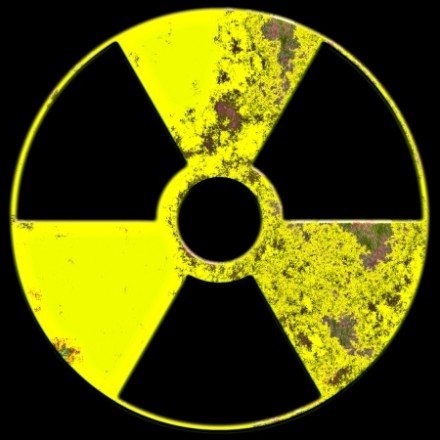 It’s the question many have been posing quietly while watching the news from Japan: Is there a chance of elevated radiation levels all the way here in the U.S.? The Arizona Health Department answers some questions, below.
It’s the question many have been posing quietly while watching the news from Japan: Is there a chance of elevated radiation levels all the way here in the U.S.? The Arizona Health Department answers some questions, below.
Q. Will the radiation in Japan affect people in Arizona?
A. The levels of radiation in Arizona resulting from the events in Japan are being monitored by the Arizona Radiation Regulatory Agency. Right now, there is no detectable increase in radiation levels in Arizona. Due to the distance from Japan, future levels are highly unlikely to be above normal radiation levels in the atmosphere. Therefore, the levels will not impact your health in the short or long term.
Q. What is Potassium Iodide (KI) and should I take it?
A. Potassium Iodine (KI) is used to protect the thyroid from absorbing radioactive iodine after high levels of radiation exposure. The U.S. Food and Drug Administration and the World Health Organization recommend the use of KI only when people are exposed to high levels of radiation, such as those who were in the Japanese nuclear power plants when the explosions occurred.
Q. Should I get KI in case the radiation levels get higher?
A. The Arizona Radiation Regulatory Agency is monitoring the levels and will notify the public if an increase in radiation is detected. No health risks due to radiation are anticipated and it is not necessary to have KI on hand.
Q. I hear the radiation being released is increasing, is there a problem for Arizona?
A. Currently Units 1, 2, 3, and 4, appear to be releasing some radioactive material. These releases, while significant near the plant, are not large enough for the Japanese government to evacuate further than 12 miles from the plant. Any release will be tremendously diluted before it can reach the U.S. mainland. Several Federal Agencies are tracking the air masses as they move around the world so that samples can be taken to assure the concentrations of any radioactive material is known if it is detectable. A similar program was in place when several countries were conducting nuclear weapons tests.
Q. Are there any protective measures that residents in the U.S. should be considering?
A. No, not given current information.
Q. What is the Federal family, i.e., NRC-EPA-DOE, doing to monitor the radiological consequence of the event in Japan on the United States?
A. The NRC is coordinating its actions with other Federal agencies as part of the U.S. government response. The NRC is examining all available information as part of the effort to analyze the event and understand its implications both for Japan and the United States. U.S. nuclear power plants have sensitive equipment to monitor the status of radiological conditions. Additionally, personnel at nuclear power plants have specific knowledge in radiological field monitoring techniques and could assist State and Federal personnel in environmental sampling activities, should that be necessary to evaluate public health and safety concerns.
EPA has permanent stationary radiological monitoring stations on the West coast. In the event of a confirmed radiological release with a potential to impact the U.S., EPA is the Federal agency responsible for radiological monitoring. DOE would be responsible for aerial monitoring, should there be a confirmed radiological release.
 Parker Live News from the Parker Strip since 2009.
Parker Live News from the Parker Strip since 2009.

http://www.azein.gov is the go to website for information in Arizona. They have a facebook and twitter feed also. Most of the information and press releases will be released on that site.
Actually the site is great for general emergency information in Arizona.